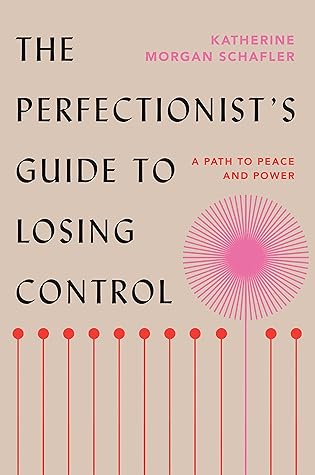More on this book
Community
Kindle Notes & Highlights
Read between
March 16 - March 27, 2023
As you grow, your needs will change, and you’ll need to tweak your solutions to accommodate those changes. What worked six months ago might begin to glitch; that’s fine. It’s okay if a solution stops working. We grow out of solutions just as we grow out of our problems.
Solutions stop working because you’re changing and the environment around you is changing, which is what’s supposed to happen. You’re not doing anything wrong. Nothing is breaking. Change is natural. Everything is changing in every moment.
Reframing is a skill, and skills can be learned. To begin practicing the skill of reframing, ask yourself the following question: “What’s another way to look at this?” If you can’t think of another way yourself, ask around.
Whenever we judge others, we create separation between us and “them.” Whenever we judge ourselves, we create separation between the parts of ourselves that we think deserve goodness and the parts that we think don’t. When we judge ourselves in either direction (as better than or less than), we make our worth conditional and set ourselves up for shame. The more you meet others with nonjudgment, the more you enable that attitude towards yourself, and vice versa.
It’s easy to mistake isolation for independence and being stubborn for being strong.
We think of pleasure as a superfluous, hedonic piece of our lives, but pleasure is central to our sense of aliveness and personhood. Pleasure is a serious mental health issue.
Without pleasure, our lives become performative. We perform in ways we think will make us happy instead of trusting ourselves to explore what feels good and right.
We don’t take the “I want it, so I’ll do it” approach because we don’t trust ourselves. We think we’ll want too much. We’ll eat all the chocolate and then we’ll eat more “bad” foods. We’ll get wasted, binge-watch TV for a year, quit our jobs, become even more reckless, and then cease to function. We’re secretly nervous that if left to our own devices, we’ll spin out of control, hurt everyone around us, and then go crazy. Wherever could we have gotten that idea?
Perfectionists get scared that they’re going to lose their competitive edge if they let in too much pleasure and get “too happy.” Look at the successful people you admire; joy is their edge.
No matter how much you love yourself, if you don’t trust yourself, you meet your gestures of self-love with low-key suspicion and hesitation.
The person who has been betrayed wants their partner to do simple, seemingly little things consistently for a long time, like call when they say they will call and be where they say they will be.
We all have very good reasons not to trust ourselves. We’ve all betrayed ourselves badly, repeatedly, shamefully, and knowingly. Show me someone who hasn’t abandoned themselves, and I will show you a child. As we grow into adults, our world opens and we make mistakes. Ignoring your own needs and deserting yourself is a universal mistake.
Paradoxically, the people who trust themselves the most are usually the people who have betrayed themselves the most profoundly, but then made the decision to walk themselves home—inch by inch—to their authentic selves.
I understand that you’re grateful for all that you have; do you understand that it’s okay for you to want more? Do you understand that your desires are not pathological?
You are a human being. You are not what you do or what you have or who you’re with or what you look like. You are an expansive, powerful, large, ever-changing force in the world, like an ocean—not some tiny forgotten room in an old run-down house. The larger you allow yourself to be, the easier it is to find your way back to yourself. If you think of yourself as the small room, you’ll look for the one door that’ll get you into the room. If you think of yourself as the ocean, you’ll know there are a thousand places you can dive in from. The former feels anxiety provoking: What if I can’t find
...more
The work of self-acceptance requires you to accept your flaws and limitations, yes; it also requires you to accept your wholeness.
Healing is a highly individualized process and never looks the same for two people—not in pace, not in method, not in the language that ends up resonating; we each heal in our own unique way. What you most need, only you can know.


